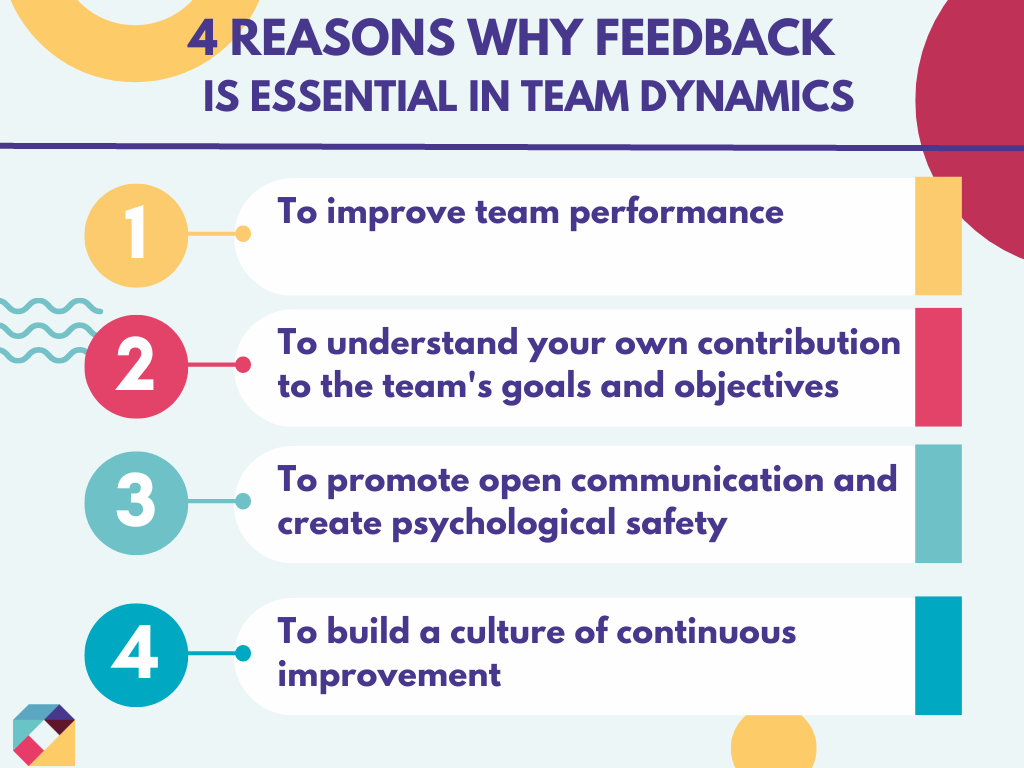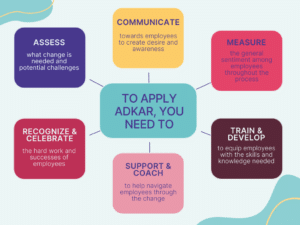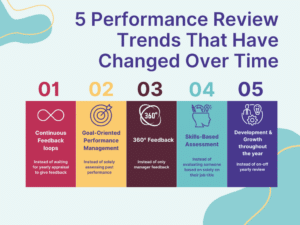1. To improve team performance
One of the main benefits of feedback is that it helps team members to improve their performance. When team members receive feedback on their work, they can identify areas where they need to improve and take steps to address those areas. This can lead to increased efficiency, improved quality of work, and greater productivity.

2. To understand your own contribution to the team’s goals and objectives
Feedback also helps team members to understand how they are contributing to the team’s overall goals and objectives. When team members receive feedback on their work, they can understand how their actions align with the team’s mission and goals. This can help to increase motivation and engagement, as team members feel more connected to the team’s overall mission.
3. To promote open communication and create psychological safety
Another important benefit of feedback is that it promotes open communication and a sense of trust among team members. When team members are comfortable giving and receiving feedback, they are more likely to have open and honest conversations. This can lead to a more positive team dynamic, where team members feel comfortable expressing their thoughts and ideas.

4. To build a culture of continuous improvement
Finally, feedback is important for building a culture of continuous improvement. When team members receive regular feedback, they are more likely to take steps to improve their performance and skills. This can lead to a team that is always looking for ways to improve and grow, which is essential for long-term success.
In conclusion, feedback is an essential component of a healthy and productive team. It allows team members to understand how their actions and behavior are perceived by others, to improve their performance, to connect with the team’s overall mission and goals, to build trust and open communication and to foster a culture of continuous improvement. It is important for the team members as well as the team leaders to provide regular and constructive feedback to the team members in order to ensure the team’s success.



